In the postscript to his new book, Le dedico mi silencio ( I give you this silence ), Mario Vargas Llosa, 87, writes: “I think I am done with literature. Now I want to write one more essay about (Jean-Paul) Sartre, my teacher when I was young. And that will be the last thing I write.”
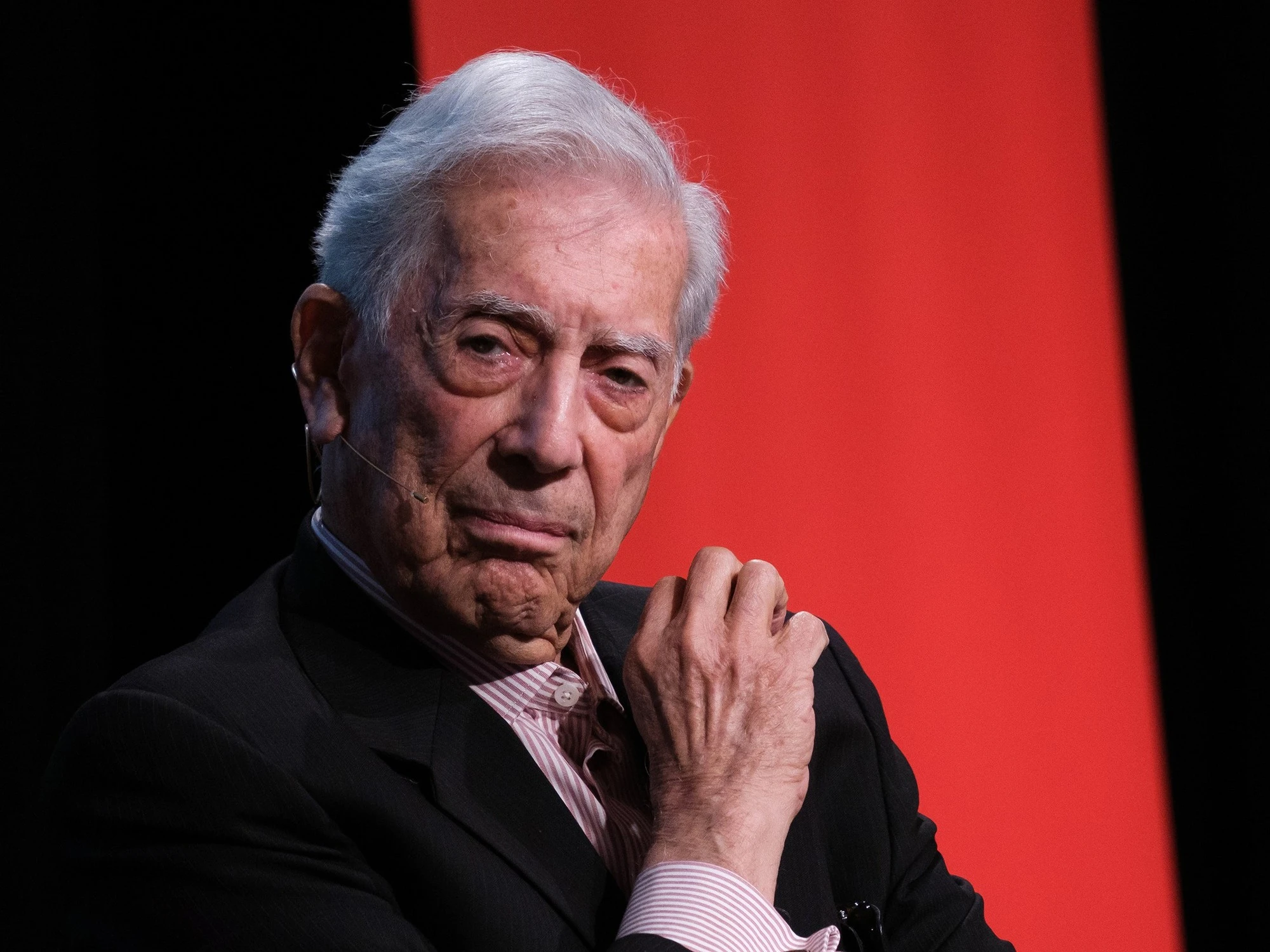
Peruvian author - Mario Vargas Llosa
Le dedico mi silencio, which has just been released in Spanish, is described as a love letter to Peru and to música criolla – a distinctive blend of European waltzes with Afro-Peruvian influences and Andean music.
In an interview with Spanish media last Thursday, the writer said that although he felt he no longer had enough time to publish his 21st novel, he hoped to continue writing and complete his essay on the French philosopher, Sartre.
“I am 87 years old and, although I am optimistic, I do not think I will live long enough to write another book, especially since it usually takes me three to four years to compose a new work,” he told La Vanguardia. “But I will never stop working, and I hope I will have the strength to continue until the end.”
Vargas Llosa, who lives in Madrid, Spain, is the last surviving member of the Latin American literary phenomenon known as “el boom” – the cultural explosion that swept the region in the 1960s and 1970s. The wave introduced the world to the works of such great writers as Gabriel García Márquez, Carlos Fuentes, Julio Cortázar and many others.

One of his works has been translated in Vietnam.
Since the publication of his first book The City and the Dogs in 1963, in which Llosa used his own experiences in a brutal military academy in Lima to talk about a Peru divided by race, economy, politics, society…, the above issues have returned throughout his works, such as Conversations at La Catedral, Aunt Julia and The Poor Writer …
Vargas Llosa was awarded the 2010 Nobel Prize in Literature “for his analyses of power structures and his penetrating images of resistance, rebellion and personal defeat”.
He has recently been in the news for his divorce from prominent businesswoman and socialite Isabel Preysler, mother of the famous singer Enrique Iglesias.
Speaking about this, Llosa said: “What is important to me has always been my novels, my essays, and the culture and liberal ideas that I have spent so many years defending. Those who understand these priorities will not pay attention to the nonsense that the press writes about my life.”
Source link


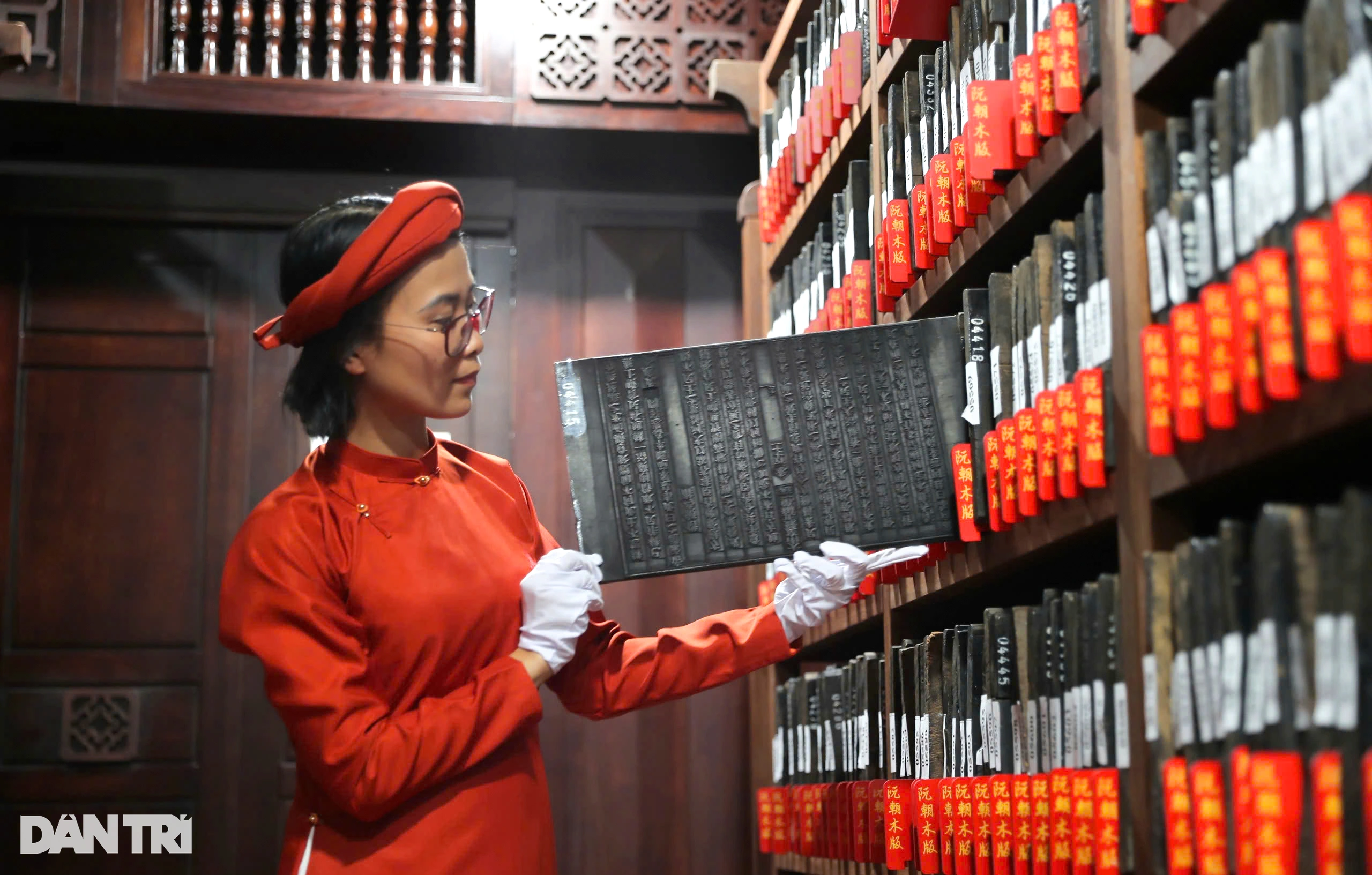
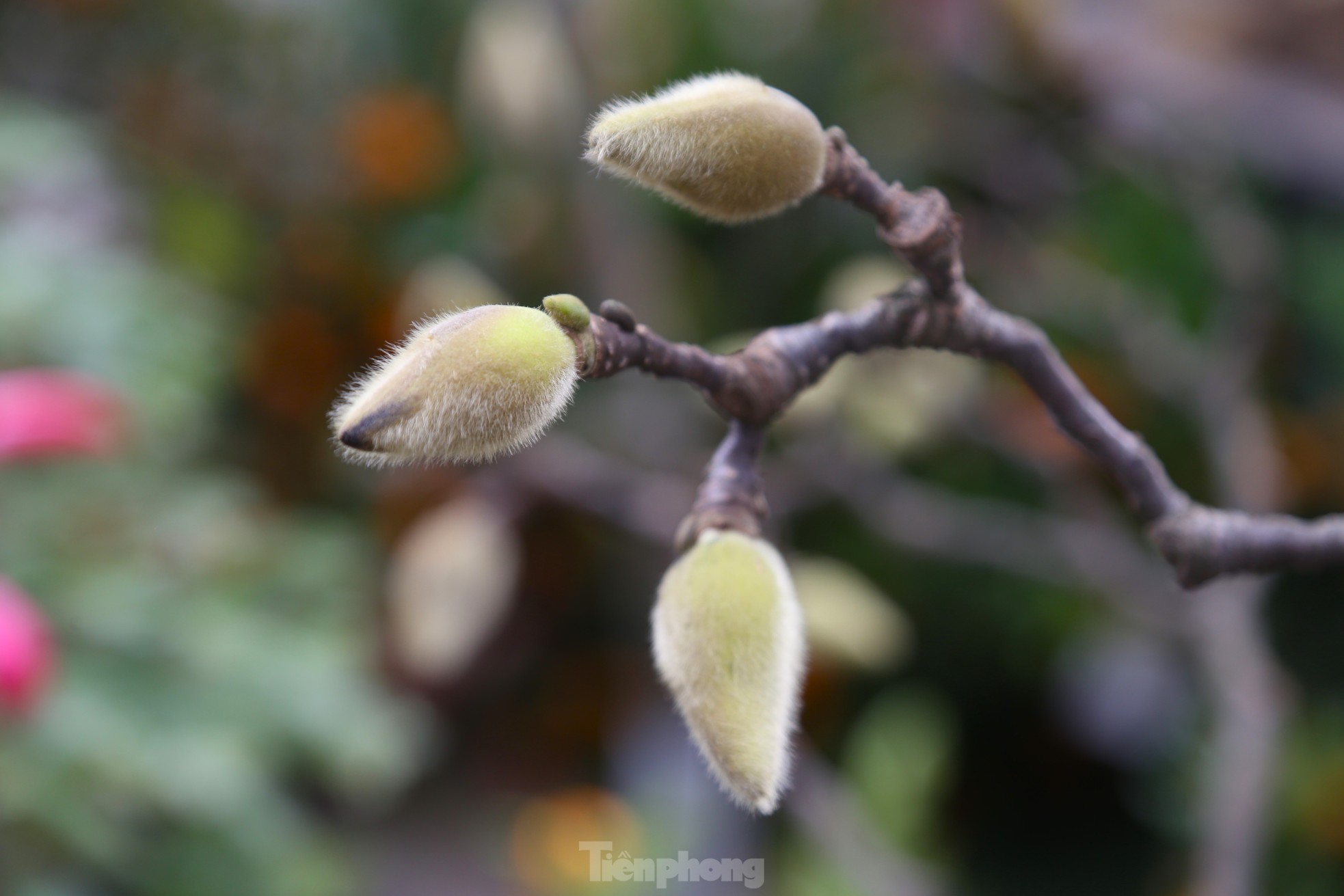


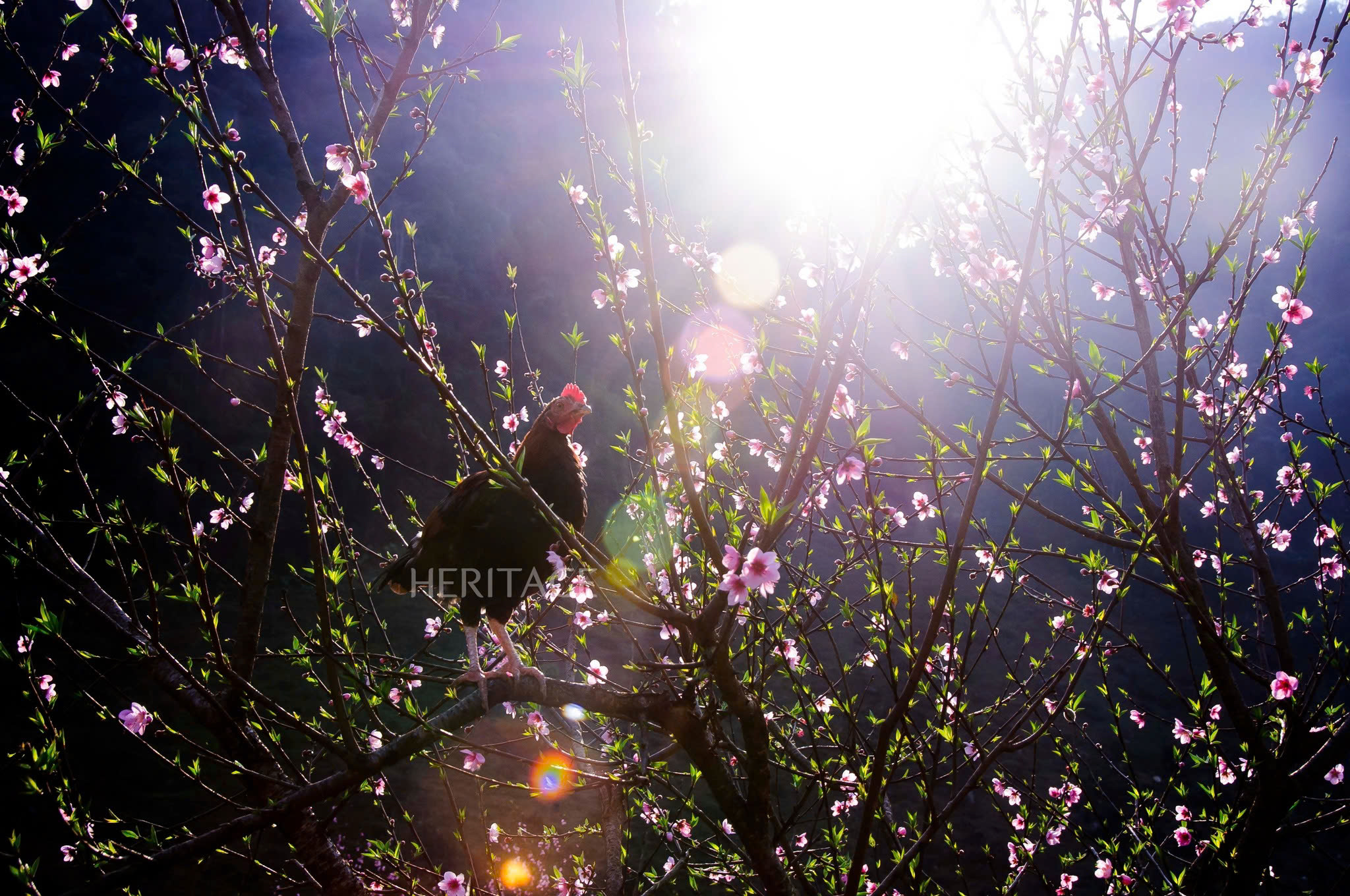
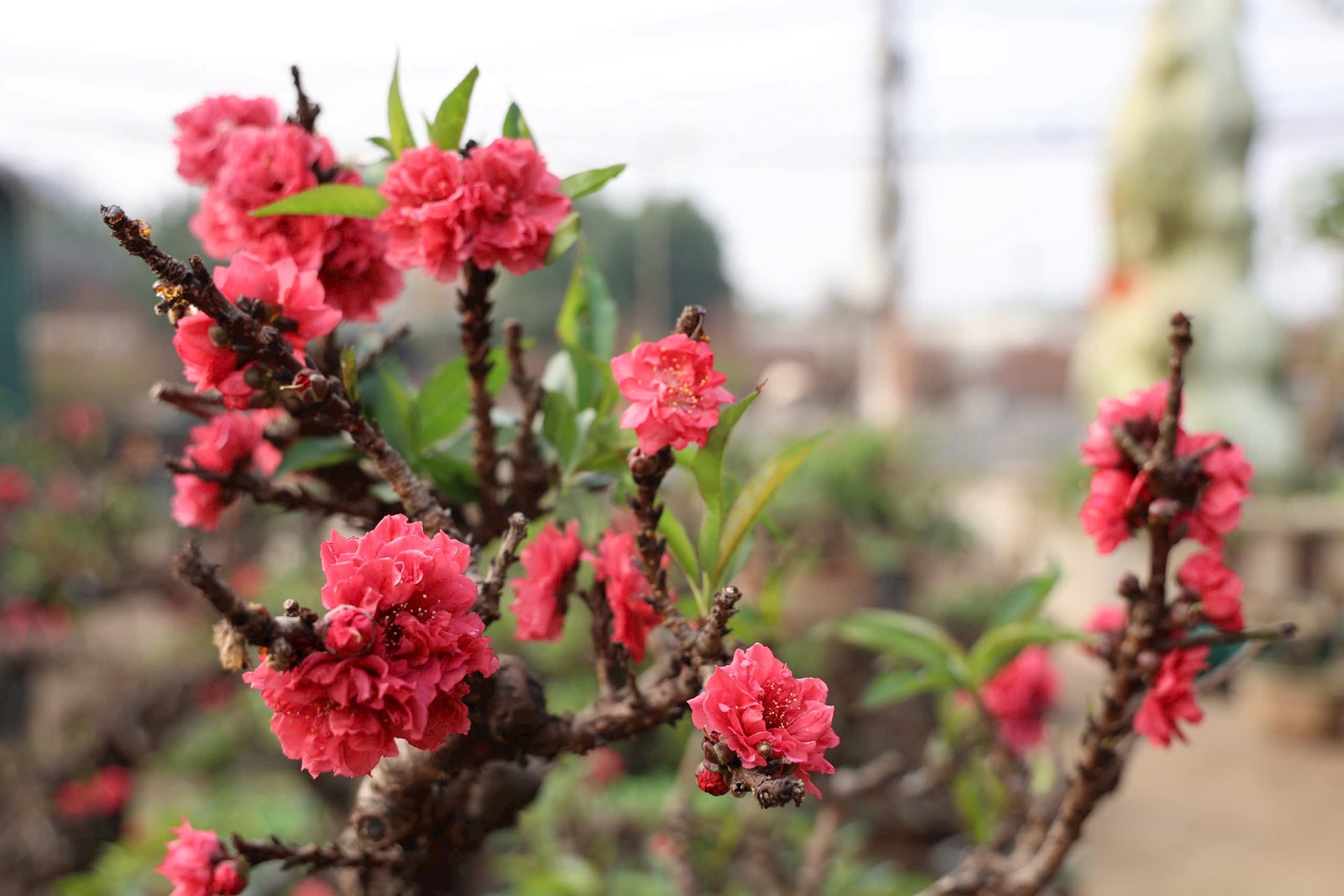

















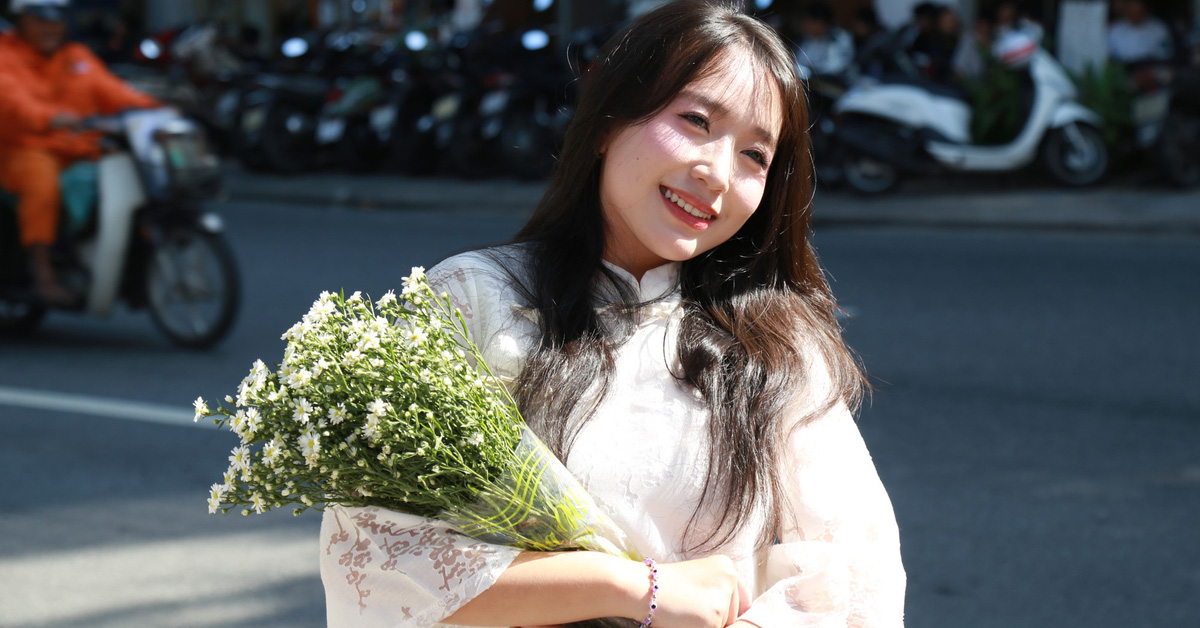



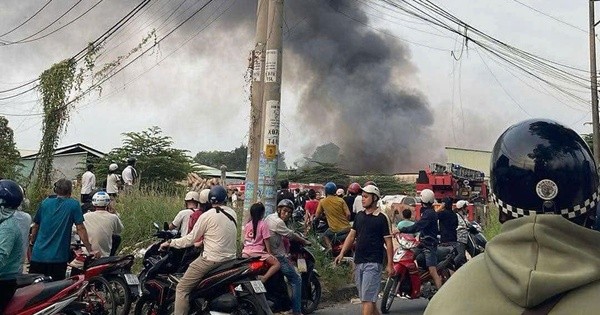
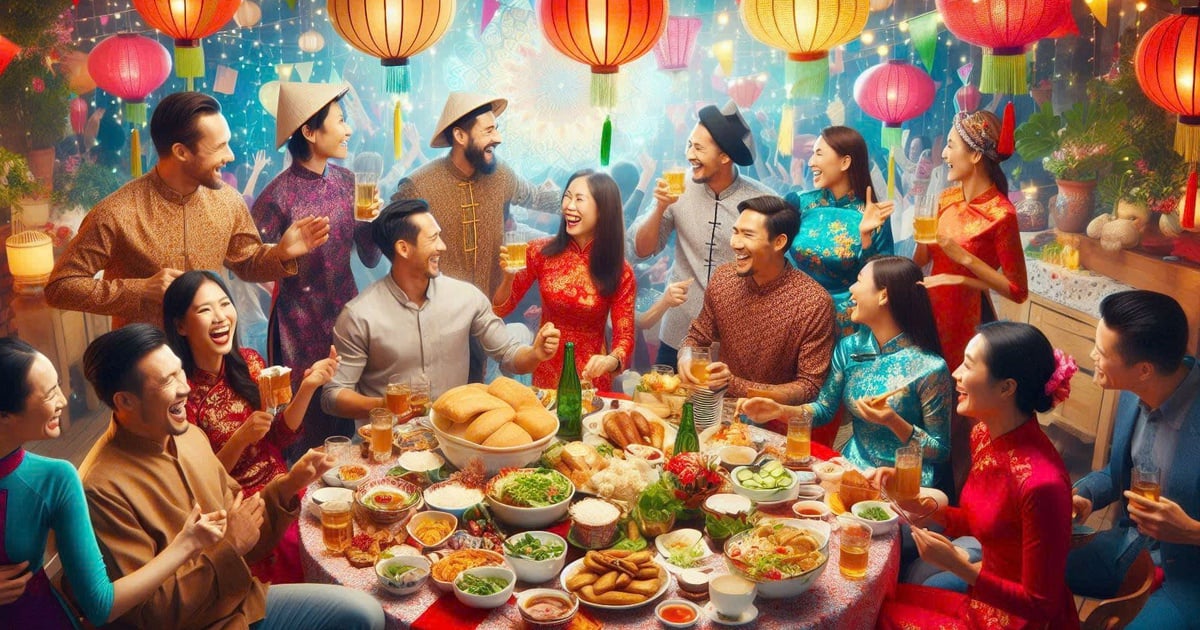


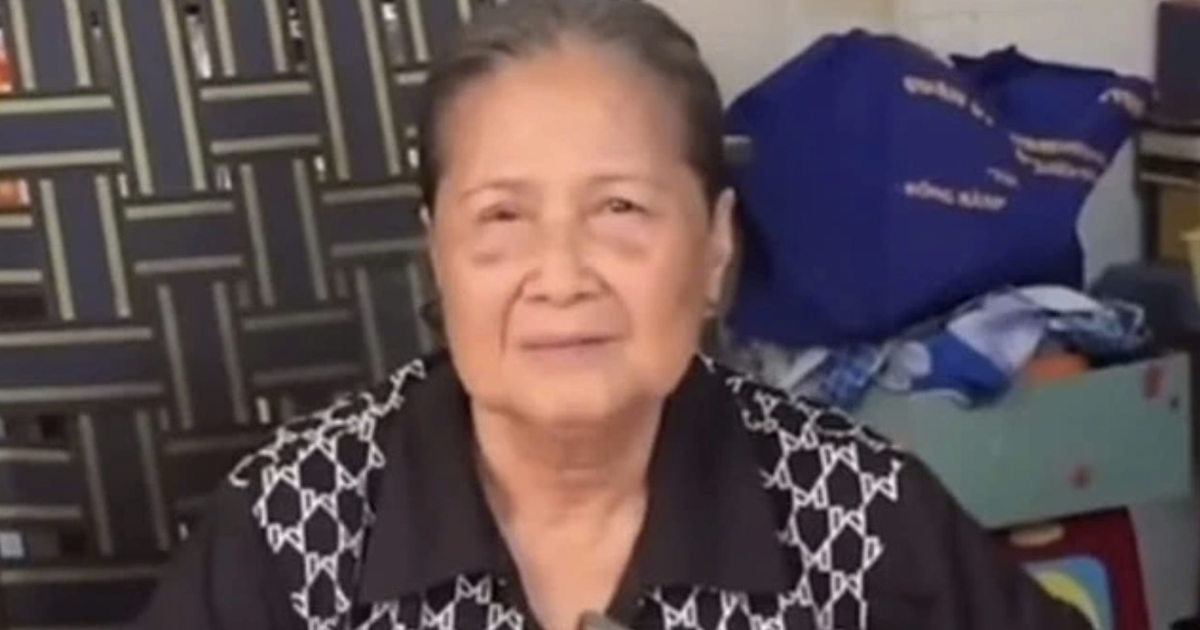



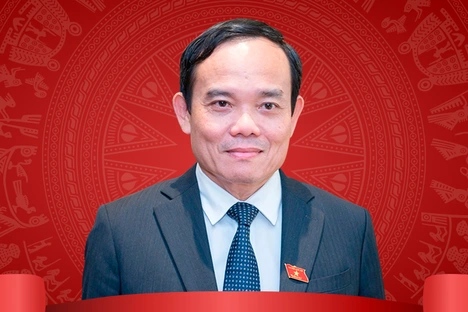

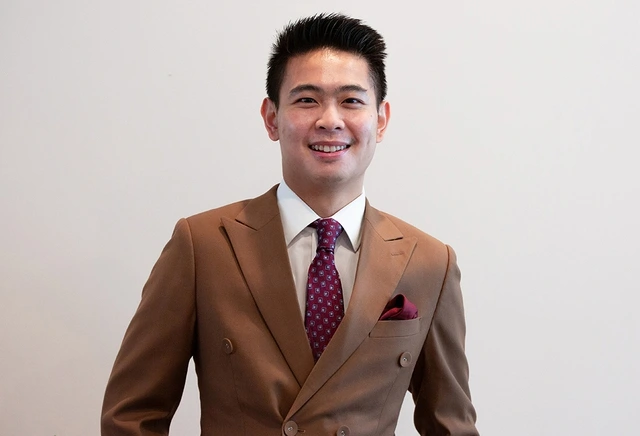
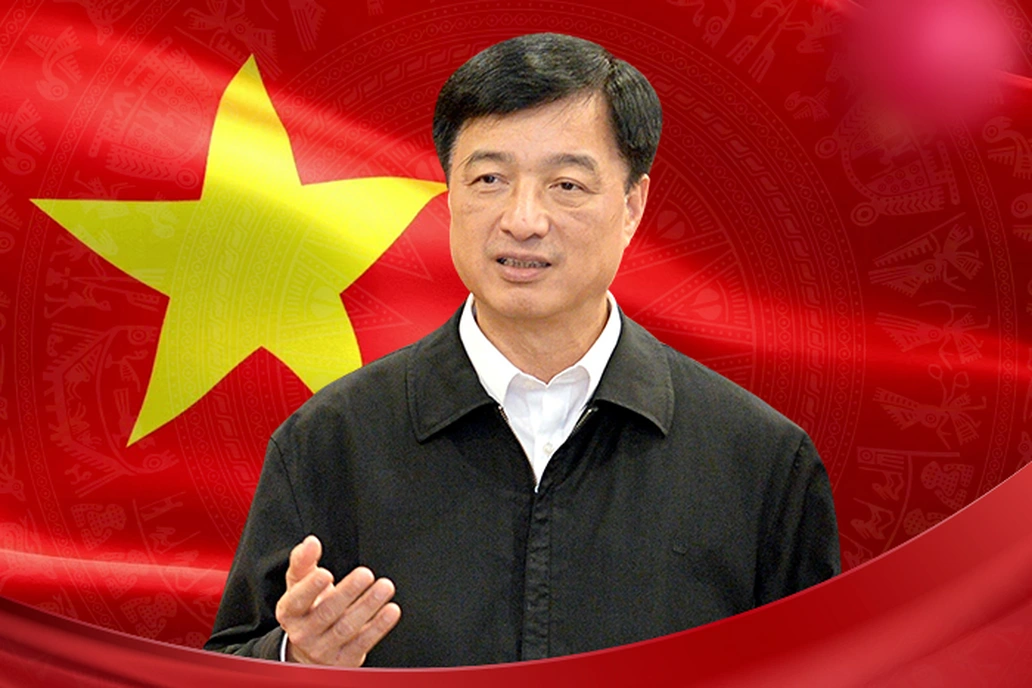
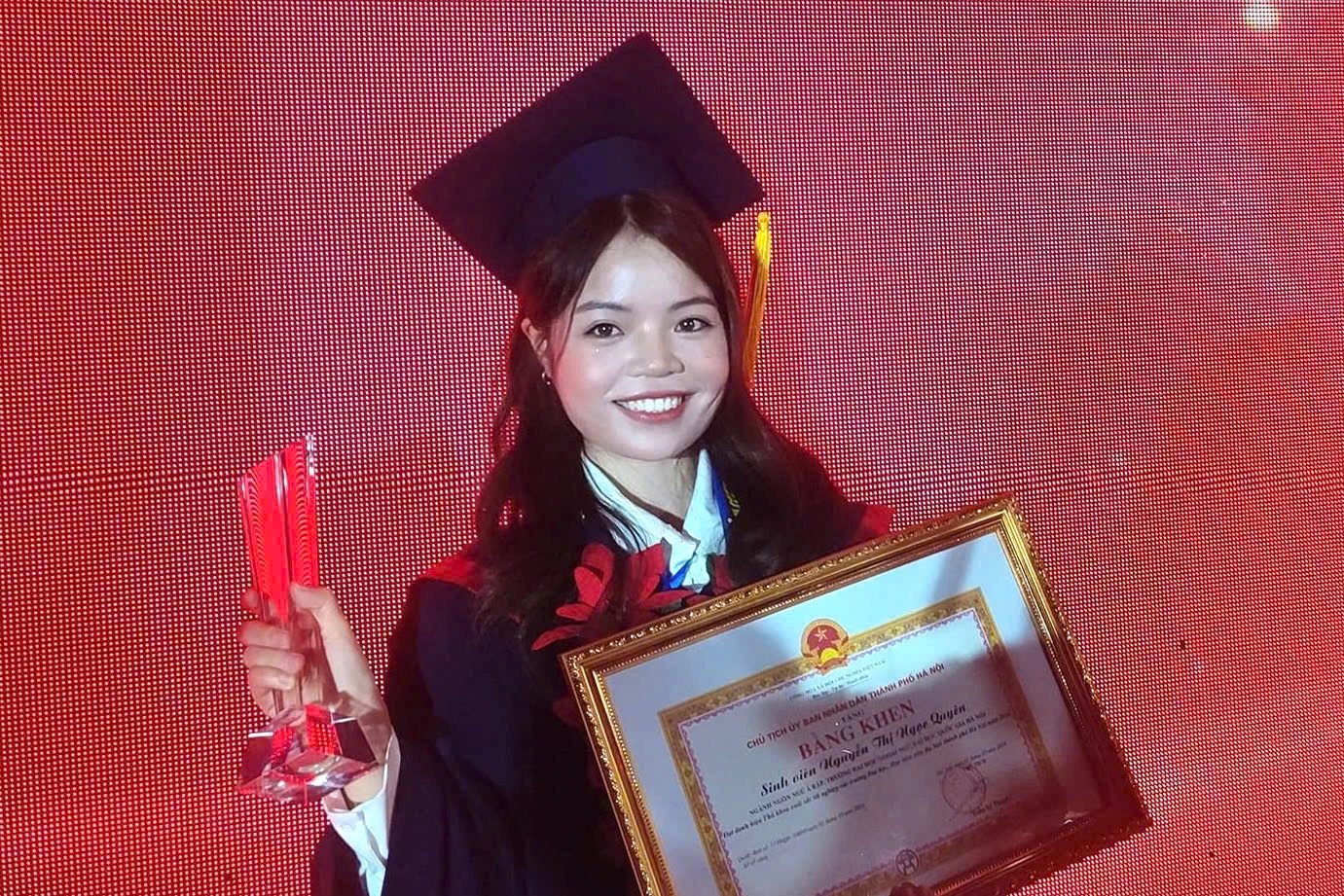
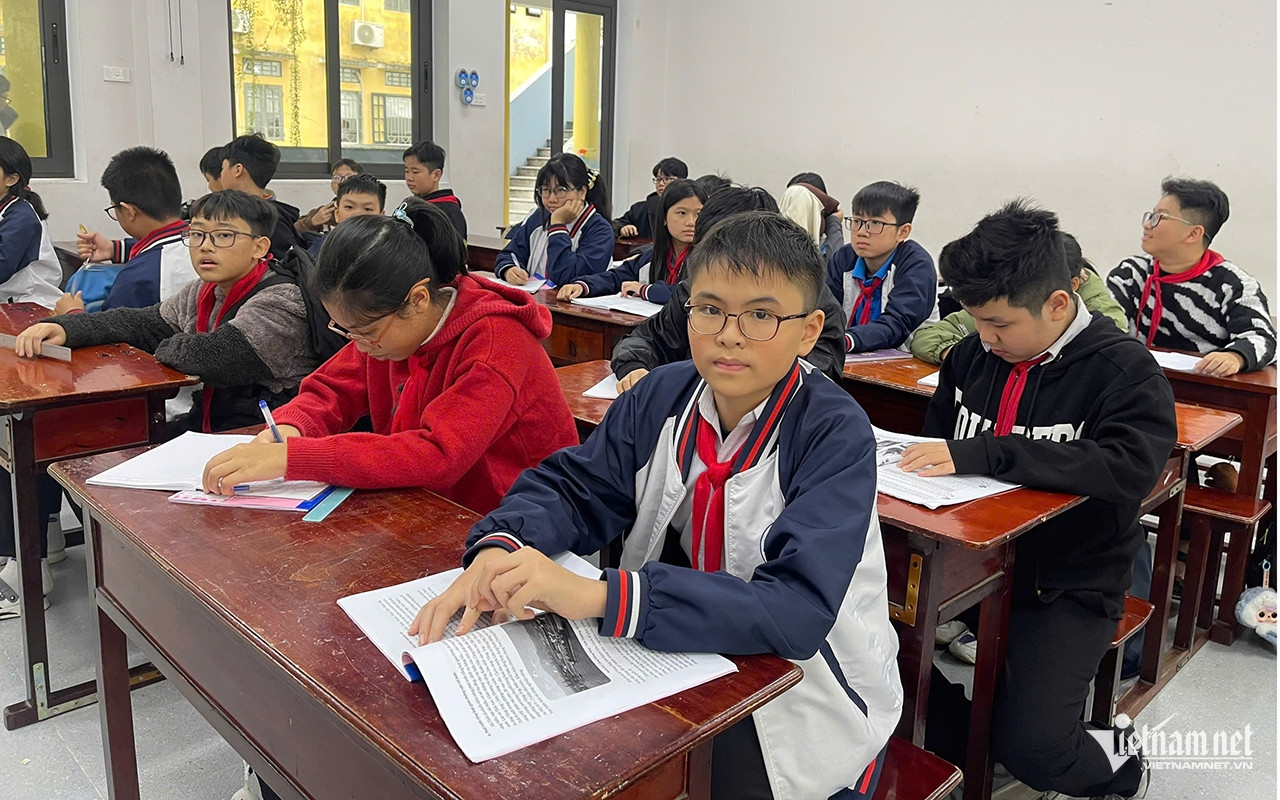

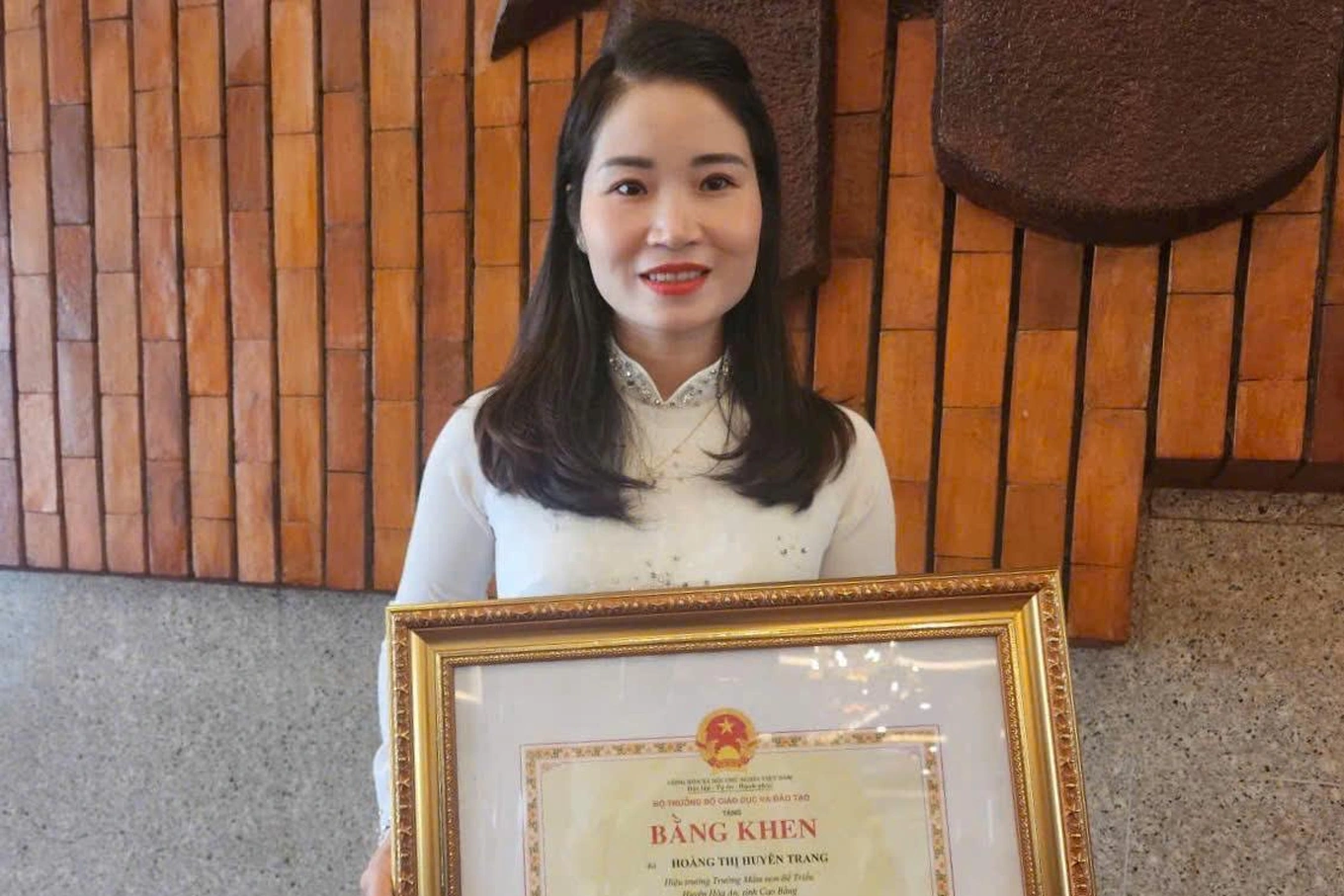
Comment (0)